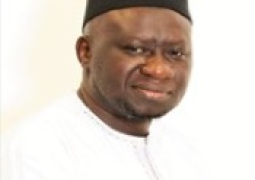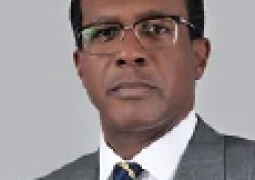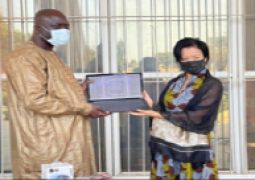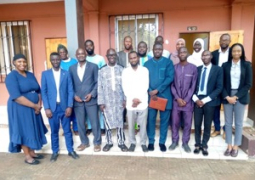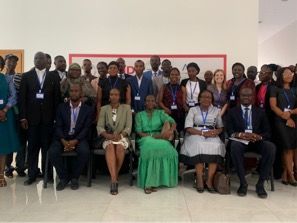
The confab seeks to address the critical issue of access to justice in The Gambia through the provision of effective legal aid services. The event brought together key figures from various sectors, including government officials, legal professionals, human rights advocates, and international partners.
The focus also meant to evaluate current challenges, sharing insights, and developing strategies to strengthen legal aid systems and ensure justice for all Gambians, particularly the most vulnerable populations.
At the event, Demba Kandeh, Country Director of Freedom House, emphasised the importance of improving access to justice in The Gambia through effective legal aid services. He informed that the 2030 Agenda for Sustainable Development recognises the need to build peaceful, just, and inclusive societies by providing equal access to justice based on human rights, rule of law, and good governance.
Goal 16 specifically calls for the promotion of the rule of law and equal access to justice at all levels.
Kandeh reminded that legal issues in The Gambia are complex and often worsened by socio-economic and systemic challenges, especially for vulnerable groups such as women, children, persons with disabilities, and those involved in civil and family disputes.
Reflecting on his own upbringing in rural Gambia, he recalled how many including his extended family, could not afford legal services and had to rely on legal aid providers like NALA.
Mariama Janneh, Project Manager for USAID, outlined the need for reform in The Gambia's Legal Aid Act as coordination of legal aid providers, and the development of sustainability measures for legal aid programs.
She acknowledged the contributions of national and regional specialists in attendance, sharing their expertise.
The goal, she added, is to strengthen the National Agency for Legal Aid (NALA) by enhancing its oversight role and generating actionable recommendations to improve legal aid in The Gambia.
Janneh disclosed that legal aid is essential for a fair and effective justice system, reflecting values of fairness, equity, and access to justice.
She called for addressing the socio-economic and systemic issues contributing to unmet legal needs and emphasised the importance of investments in early intervention to achieve swift and fair resolutions of legal matters.
Bassirou Bah, representing the National Human Rights Commission (NHRC) chairman, stated that the NHRC’s - ‘State of Human Rights 2023" report highlights the challenges NALA faces and other access to justice actors, offering recommendations to enhance their capacity.
He emphasised that the NHRC’s mandate includes the promotion and protection of all human rights in The Gambia, with access to justice being a core human right within this mandate.


